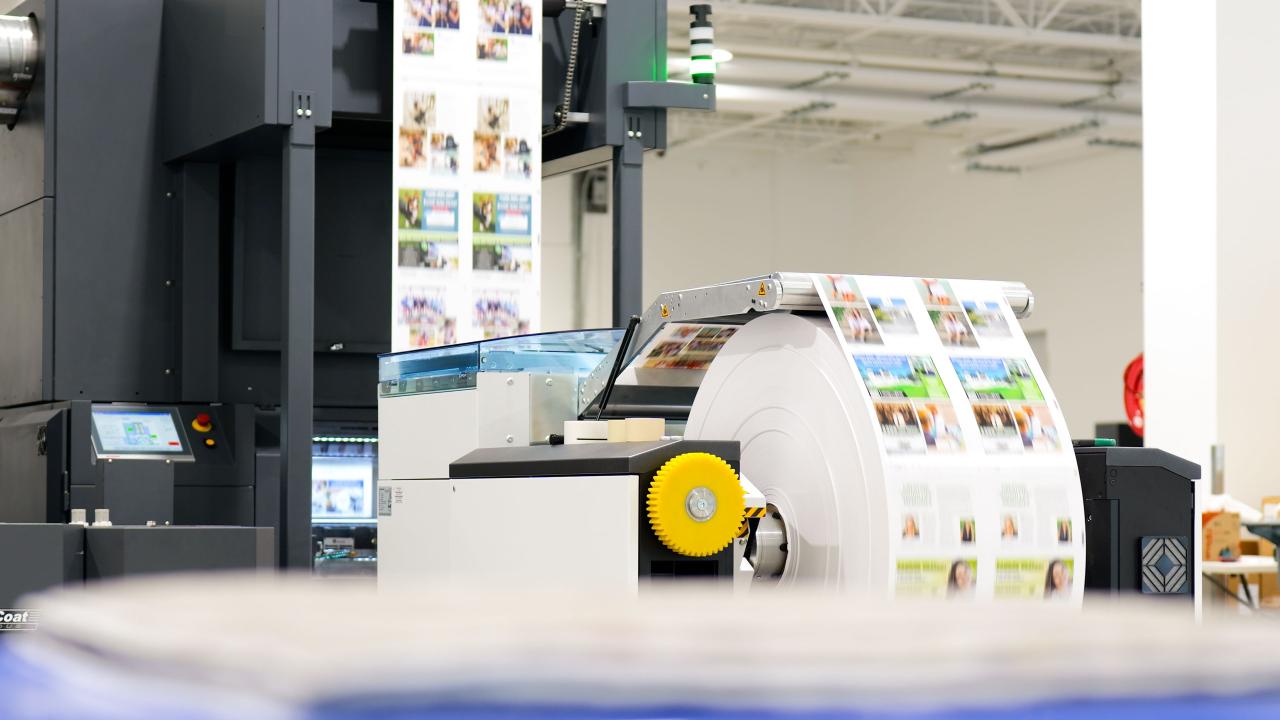Hospitality Technology Companies: Shaping the Future of Travel
Hospitality technology companies are revolutionizing the travel industry, transforming how we book, experience, and manage our trips. From sleek property management systems to innovative guest experience platforms, these companies are […]

Hospitality technology companies are revolutionizing the travel industry, transforming how we book, experience, and manage our trips. From sleek property management systems to innovative guest experience platforms, these companies are driving a wave of digital transformation across the hospitality landscape.
The rise of hospitality technology is fueled by several key factors, including the increasing demand for personalized experiences, the growing importance of data-driven decision making, and the desire for seamless and efficient operations. As technology continues to evolve, we can expect to see even more innovative solutions emerging in the coming years, shaping the future of hospitality and the way we travel.
The Rise of Hospitality Technology

The hospitality industry is undergoing a rapid transformation, driven by the increasing adoption of technology. From online booking platforms to smart hotel rooms, technology is revolutionizing the way hotels, restaurants, and other hospitality businesses operate and interact with guests.
The Impact of Technology on the Hospitality Industry
Technology is fundamentally changing the hospitality landscape, impacting various aspects of the industry, from guest experience to operational efficiency.
- Enhanced Guest Experience: Technology empowers guests with greater control and personalization. Online booking platforms offer a wide range of options and real-time availability, while mobile apps provide seamless check-in, room service ordering, and other convenient services. Smart hotel rooms offer personalized experiences with voice assistants, automated lighting, and temperature controls.
- Improved Operational Efficiency: Hospitality technology streamlines operations, reducing costs and enhancing productivity. Property management systems (PMS) automate tasks like reservations, billing, and guest communication, freeing up staff to focus on guest service. Revenue management systems optimize pricing strategies, while data analytics provides insights into guest preferences and trends.
- Increased Revenue Generation: Technology enables new revenue streams and enhances existing ones. Online booking platforms increase reach and attract new customers, while loyalty programs foster repeat business and customer engagement. Digital marketing strategies, including social media and email campaigns, target specific demographics and drive bookings.
Key Drivers Behind the Adoption of Hospitality Technology
The adoption of hospitality technology is driven by several factors, including:
- Growing Demand for Personalized Experiences: Guests increasingly expect tailored experiences, and technology plays a crucial role in delivering them. From personalized recommendations to customized room settings, technology allows hotels to cater to individual preferences.
- Increased Competition: The hospitality industry is highly competitive, and technology offers a competitive advantage. Hotels that embrace technology can differentiate themselves by providing a superior guest experience and streamlining operations.
- Cost Reduction and Efficiency Gains: Technology can significantly reduce operational costs and improve efficiency. Automation, data analytics, and other technologies help streamline processes, optimize resource allocation, and reduce manual labor requirements.
- Changing Guest Expectations: Guests are increasingly tech-savvy and expect seamless, digital experiences. Hotels that fail to adapt to these expectations risk losing business to competitors who embrace technology.
Emerging Trends Shaping the Future of Hospitality Tech, Hospitality technology companies
The hospitality technology landscape is constantly evolving, with new trends emerging regularly.
- Artificial Intelligence (AI): AI is transforming the hospitality industry, enabling personalized recommendations, chatbots for guest communication, and predictive analytics for forecasting demand and optimizing operations.
- Internet of Things (IoT): IoT devices are connecting hotel rooms, amenities, and services, creating a more integrated and responsive guest experience. Smart thermostats, voice assistants, and automated lighting systems enhance comfort and convenience.
- Virtual and Augmented Reality (VR/AR): VR and AR technologies are creating immersive experiences for guests, allowing them to virtually explore destinations, preview hotel rooms, and engage with interactive content.
- Blockchain Technology: Blockchain offers secure and transparent transactions, potentially revolutionizing payment processing, loyalty programs, and data management in the hospitality industry.
The Impact of Hospitality Technology on the Guest Experience
Hospitality technology has revolutionized the way guests interact with hotels, restaurants, and other travel businesses. From seamless online booking to personalized in-room experiences, technology empowers businesses to enhance the guest journey, creating a more convenient, enjoyable, and memorable stay.
Personalization and Data Analytics in Enhancing the Guest Experience
Data analytics plays a crucial role in understanding guest preferences and behaviors, enabling businesses to personalize services and create tailored experiences. By analyzing data collected from guest interactions, such as online bookings, in-room preferences, and social media engagement, hotels can identify individual needs and preferences. This information allows them to personalize communication, provide relevant recommendations, and anticipate guest requirements.
For example, a hotel could leverage data analytics to create personalized welcome messages, offer tailored room upgrades based on previous stays, or recommend local attractions based on guest interests. Such personalized touches enhance the guest experience, fostering a sense of individual attention and care.
Emerging Trends in Guest Engagement and Service Delivery through Technology
The hospitality industry is constantly evolving, with emerging technologies shaping the future of guest engagement and service delivery.
- Chatbots and Virtual Assistants: Chatbots and virtual assistants are increasingly used to provide 24/7 guest support, answer questions, and assist with booking requests. These AI-powered tools offer immediate assistance, eliminating wait times and providing a seamless experience.
- Mobile-First Experiences: With the rise of mobile devices, hospitality businesses are focusing on creating mobile-first experiences. This includes mobile check-in and check-out, mobile key access, and mobile ordering for food and beverages. These features provide guests with greater control and flexibility during their stay.
- Augmented and Virtual Reality (AR/VR): AR/VR technologies are being explored to enhance the guest experience, offering immersive virtual tours of hotels and destinations, interactive room visualizations, and virtual reality experiences within the hotel.
- Internet of Things (IoT): The Internet of Things (IoT) is transforming the guest experience by connecting devices within the hotel room, such as smart lighting, temperature controls, and entertainment systems. This allows guests to personalize their environment and control their comfort settings through their smartphones or voice commands.
Last Word: Hospitality Technology Companies
In conclusion, hospitality technology companies are playing a vital role in shaping the future of travel. By leveraging cutting-edge technologies and innovative solutions, these companies are enhancing the guest experience, streamlining operations, and driving growth within the industry. As technology continues to advance, we can anticipate even more transformative innovations that will further revolutionize the way we travel and experience the world.
Hospitality technology companies are constantly innovating to improve the guest experience, from online booking systems to smart room controls. These advancements often parallel the tech features found in vehicles, like the Volkswagen Atlas SE. If you’re curious about the difference between the standard SE and the SE with Technology package, check out this helpful comparison: vw atlas se vs se with technology.
Similar to the automotive industry, hospitality tech is focused on streamlining processes, enhancing convenience, and ultimately, providing a more personalized and enjoyable experience for users.




